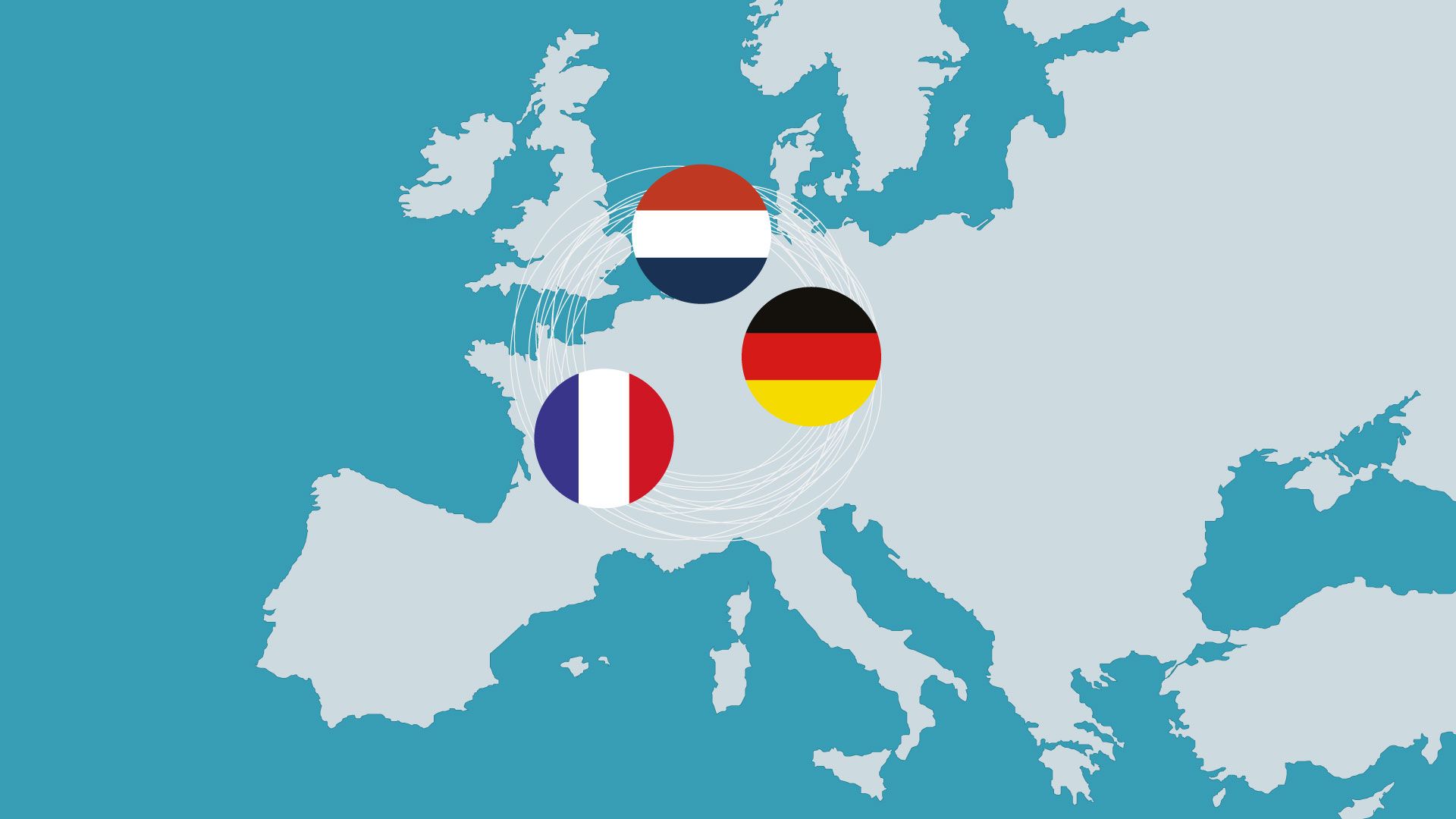Insider Brief:
- France, Germany, and the Netherlands launched a trilateral quantum innovation call, selecting high-impact projects with over €30 million (approximately $33.8 million) in combined funding, including €11 million (approximately $12.4 million) for French partners through France 2030.
- The initiative attracted 120+ applications in quantum computing, communication, and sensing, and selected projects involving leading institutions like IQM, Quandela, Alice&Bob, and Sorbonne University.
- The funded projects are centered around scaling quantum computing, securing quantum networks, and advancing quantum sensing, to reinforce Europe’s leadership through cross-border collaboration and commercialization.
- Editor’s Note: This article was translated from French to English using ChatGPT.
PRESS RELEASE — France, the Netherlands, and Germany have taken a major step forward in advancing Europe’s position in quantum technology by successfully completing the first trilateral quantum innovation call. This initiative, designed to foster collaboration and accelerate the commercialization of quantum technologies, resulted in the selection of high-impact projects receiving a combined funding of over €30 million (approximately $33.8 million)—including €11 million (approximately $12.4 million) for French partners through the France 2030 plan.
Launched in March 2024, the trilateral call attracted more than 120 applications from companies and research institutions eager to collaborate in quantum computing, communication, and sensing. Through a rigorous two-stage selection process, final projects were chosen to advance Europe’s leadership in quantum innovation.
The Partners
The selected projects bring together leading quantum companies and research institutions from the Netherlands, France, and Germany, forming a diverse consortium of expertise and innovation.
In particular, the projects involving French partners include:
- Ad Astra: Accelerates error correction at minimal cost
- Partners: IQM Quantum Computers, Silent Waves, Orange Quantum Systems, QuantECA – Institut Néel CNRS
- T-UF-TopiQC: Develops a platform for error correction in photonic quantum computing
- Partners: Quandela, C2N – CNRS, Universität Paderborn, Swabian Instruments, Single Quantum, MicroAlign, Qubit Pharmaceuticals
- MEETQ: Enables the scaling of European quantum computing by interconnecting quantum memories and superconducting qubits
- Partners: WeLinQ, QphoX, LIP6 Sorbonne University
- AUTOCAT: Also targets scalability by combining noise-biased cat qubits, advanced control electronics, automatic calibration, and advanced algorithms
- Partners: Alice&Bob, Institut Néel – CNRS, Qblox, Qruise
Preparing Europe’s Quantum Future
The funded projects will focus on scalable quantum computing, secure quantum networks, and advanced quantum sensing technologies—reinforcing Europe’s ambition to lead the quantum revolution. The funding will support the transition from fundamental research to practical applications, helping to solve real-world challenges and develop a thriving European quantum industry.
By promoting cross-border collaboration, this initiative emphasizes the importance of a united European approach to quantum technology development—ensuring that Europe remains at the forefront of this rapidly evolving field.
SOURCE: France 2030




0 Comments